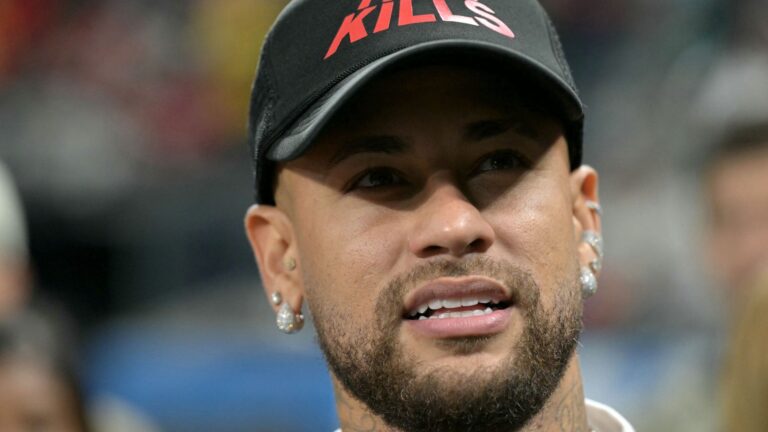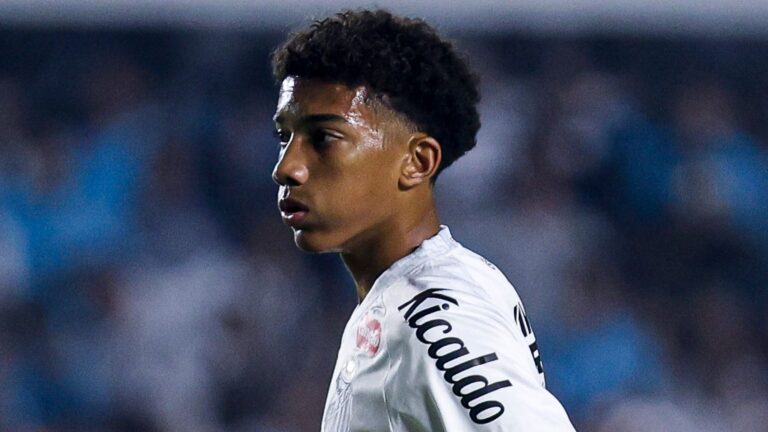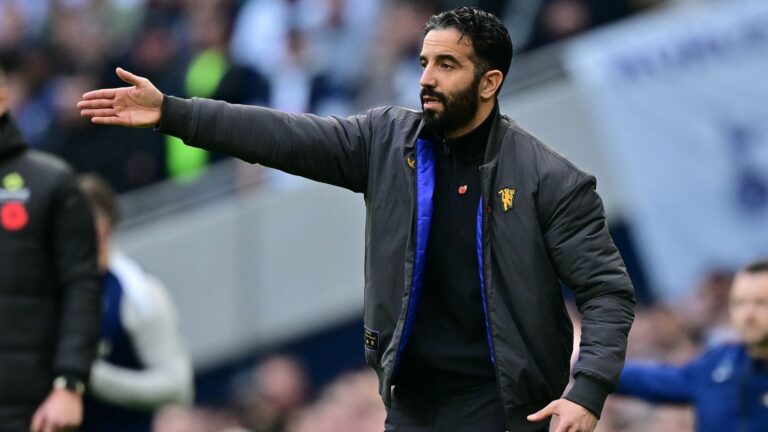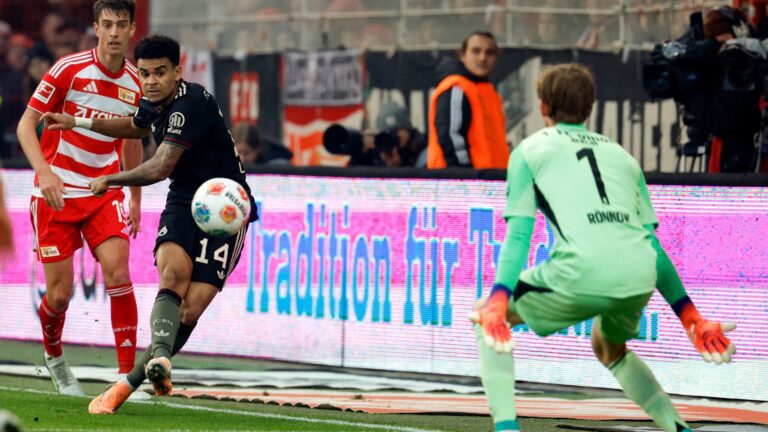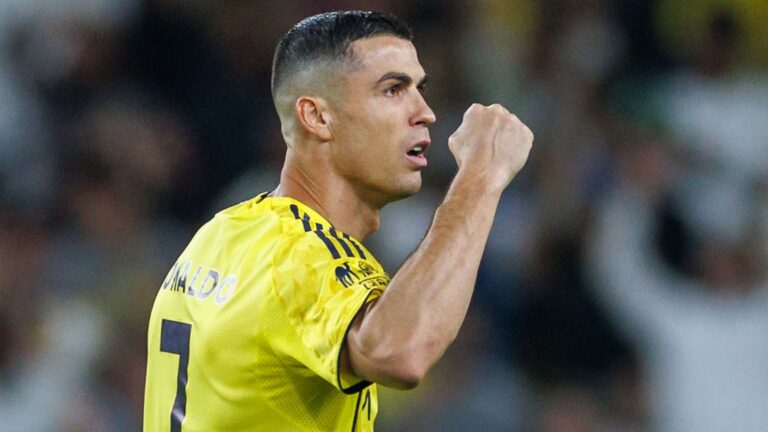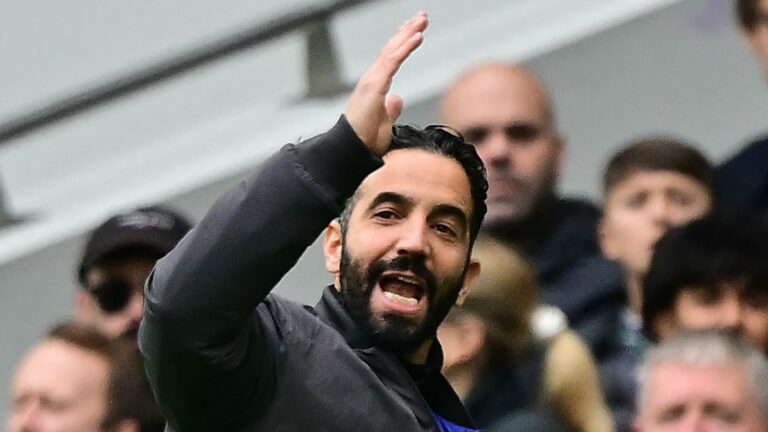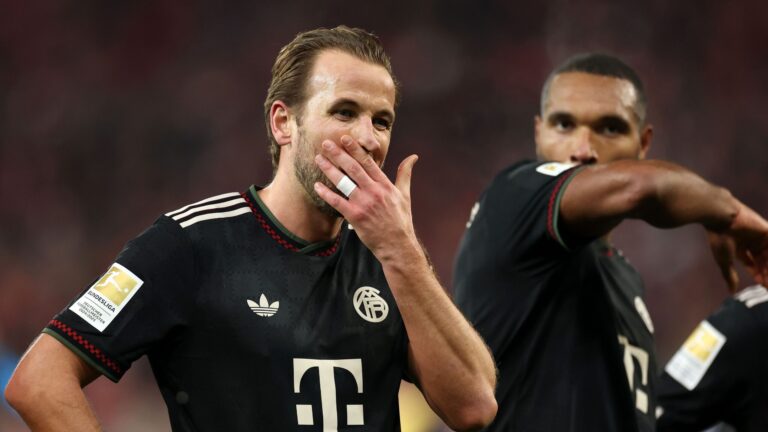


The Daunting Path Ahead for Ancelotti and Brazil’s Selecao Revival
In an era of mounting scrutiny for Brazil‘s national football team, Carlo Ancelotti‘s appointment as coach of the Selecao has sparked intense debate, highlighting the growing complexities of international management compared to club duties. A former icon of Brazilian football openly questions the decision to bring in an outsider, reflecting on the team’s recent stumbles and the broader issues plaguing domestic coaching.
Ancelotti’s Rocky Start with the Brazilian Squad
Concerns have emerged from a revered Brazilian figure who once donned the national jersey and later steered the team, casting doubt on Ancelotti‘s early influence and his rapport with players. This critique stems from fluctuating performances in initial matches, where one exhibition match showed promise while another ended in frustration. Speaking to a major news outlet, he noted, “One match was outstanding, the next a letdown. And there he was, on the sidelines, facing communication hurdles.”
The Unique Demands of National Team Leadership
This ex-goalkeeper argues that the high-stakes atmosphere surrounding the Brazil national side demands an extraordinary level of dedication that might elude those accustomed to club environments. He foresees a grueling journey ahead, stating, “His role will prove extremely demanding and tough.” He further emphasized, “I believe he’ll encounter substantial obstacles, far more than anticipated. Everyone involved-players, staff, and coaches-must unite, as the situation could deteriorate further.”
Contrasting Club Success with National Pressures
Despite Ancelotti‘s proven track record at elite European clubs, comparisons to his current position are swiftly dismissed as inadequate. The former player highlights the vast difference, explaining, “Managing a club like Real Madrid means controlling an organization you’re directly accountable for. But with a national team, you’re dealing with the full weight of a country’s emotions, making it infinitely harder.”
No Edge from European Experience
The idea that Ancelotti‘s European background offers any real benefit in handling continent-based players is outright rejected. “It doesn’t provide much advantage,” he remarked. “In today’s digital age, coaches can easily access and analyze games weekly to form their own assessments of players.” Yet, he raised eyebrows about potential gaps, asking, “Why overlook so many talents from Brazilian leagues? It’s likely due to limited familiarity.”
A Deeper Crisis in Brazilian Coaching
The criticism extends beyond Ancelotti, pointing to systemic flaws in Brazil’s coaching landscape. The appointment of a foreign leader is seen as evidence of a larger issue, with the ex-player lamenting the absence of capable local mentors.
The Decline of Domestic Expertise
He questioned the current state, saying, “These days, even the top clubs are led by outsiders. What happened to our own? Where are the Brazilian coaches?” His disappointment is palpable: “I’m profoundly let down and disheartened by this new wave of coaches who haven’t demonstrated the strength, clarity, or excellence needed to lead the Selecao.”
Brazil’s Prolonged World Cup Struggles
Since their last World Cup victory in 2002, Brazil has endured their most extended period without a title, characterized by escalating expectations and repeated setbacks. The team has faced multiple quarter-final defeats and a devastating 7-1 semi-final defeat in 2014, underscoring a pattern of underachievement.
Heightened Expectations and the Road Forward
The outspoken remarks from this legend amplify the pressure on Ancelotti during a turbulent time for the Selecao. Following a uneven qualification phase for the World Cup, where they placed fifth with only eight victories in 18 outings and a string of losses, the burden of national pride is overwhelming. Public doubts from figures like him will heighten the examination of the Italian coach’s strategies. Ultimately, Ancelotti‘s primary goal is to address the skeptics by building a unified team that can restore Brazil to global prominence, a feat described as his toughest endeavor yet.
Ancelotti’s Insights on Managing National Teams
When it comes to football management, Carlo Ancelotti has seen it all-from dominating European leagues to handling high-stakes international tournaments. Recently, the Italian tactician has opened up about the mounting challenges of leading a national team like Brazil, emphasizing how it’s significantly more demanding than his role at Real Madrid. This discussion highlights the unique pressures on international football managers and offers valuable lessons for fans and aspiring coaches alike.
The Escalating Challenges for Brazil’s National Team
Brazil’s national team, often hailed as one of the most talented in the world, faces a host of escalating challenges that make managing it a complex endeavor. Ancelotti has pointed out that the sheer depth of talent in Brazil creates both opportunities and obstacles. For instance, blending star players from top clubs like Neymar from Paris Saint-Germain and Vinicius Jr. from Real Madrid requires precise strategy, but it’s complicated by limited training time.
Key factors making the role tougher include:
- Intense Public Scrutiny and Expectations: Brazilian football fans and media set incredibly high standards, given the country’s five World Cup wins. Ancelotti has noted that failures in international matches lead to immediate backlash, unlike in club football where there’s more time to recover.
- Irregular Match Schedules: National team managers deal with players only during brief international windows, often just a few days before major games. This contrasts with daily club training, making it harder to implement long-term tactics or build team chemistry.
- Political and Cultural Pressures: Brazil’s football scene is intertwined with national pride and politics, adding layers of external influence that Ancelotti describes as overwhelming compared to club environments.
In essence, the role demands exceptional adaptability, as managers must navigate everything from player fitness issues post-club seasons to the emotional highs of representing a football-obsessed nation.
Comparing Club and National Team Management
Ancelotti’s comparison between managing Real Madrid and Brazil’s national team sheds light on why the latter is far more demanding. At Real Madrid, he enjoys the luxury of a structured season with consistent player access, allowing for in-depth preparation and tactical refinements. National team duties, however, involve sporadic gatherings, which Ancelotti has called a “constant juggling act.”
Here’s a breakdown of the key differences:
- Resource Availability: Clubs like Real Madrid provide extensive staff, facilities, and youth academies for ongoing development, whereas national teams rely on short camps and must work with whatever roster is available.
- Player Commitment Levels: In club football, players are fully immersed in the team’s culture year-round. For national teams, loyalties might be divided, especially when club obligations conflict with international call-ups, as Ancelotti has highlighted in interviews.
- Bullet points on specific demands:
- Media and Fan Dynamics: Real Madrid’s global fanbase is intense, but it’s manageable through regular successes. National team roles amplify this, with Brazil’s passionate supporters turning every match into a make-or-break event.
- Tournament Intensity: International competitions like the World Cup or Copa America occur infrequently but with immense pressure, requiring peak performance from day one-something Ancelotti contrasts with the more forgiving club league formats.
Why National Teams Demand More from Managers Like Ancelotti
Diving deeper, Ancelotti has emphasized that the psychological toll of national team management is unparalleled. For Brazil, the legacy of legends like Pelé and the current high expectations mean that every decision is magnified. This includes dealing with injuries, form dips, or even internal federation politics, which can derail strategies overnight.
In more detail:
- H4: Limited Player Interaction Time: With only a handful of training sessions before key matches, managers like Ancelotti must foster quick bonds and adapt tactics on the fly, a skill that’s less critical in club settings where relationships build over months.
- H4: Global Travel and Logistics: National team duties often involve extensive travel across continents for qualifiers and friendlies, leading to fatigue and coordination challenges that Ancelotti has cited as exhausting compared to Real Madrid’s more localized operations.
- Evolving Football Landscape: Factors like the rise of player power through agents and social media add extra layers. Ancelotti notes that managing egos in a national setup, where players come from diverse club cultures, requires diplomacy that goes beyond tactical expertise.
Ancelotti’s vast experience, including multiple Champions League titles, makes his perspective particularly insightful. He suggests that while club management offers stability and resources, national team roles test a coach’s resilience and innovation in ways that can redefine their career.
Ancelotti’s Track Record and Its Relevance
Looking at Ancelotti’s successes at Real Madrid provides context for his warnings. He’s led the team to La Liga and European glory by mastering high-pressure environments, but he admits that the intermittent nature of national team football would demand even greater mental fortitude. For Brazil, this means finding a manager who can handle the spotlight while addressing modern challenges like injury management in a post-pandemic world.
Key takeaways from his career:
- H4: Proven Adaptability: Ancelotti’s ability to switch formations and motivate squads at Real Madrid shows he’s equipped, but he warns that Brazil’s diverse player pool would require amplified skills.
- H4: Future Implications for Football Management: His comments could influence how federations approach hiring, emphasizing the need for coaches who thrive on unpredictability.
By understanding these dynamics, readers can appreciate the evolving world of football management and why roles like Brazil’s national team coach are becoming increasingly demanding in the modern era.


